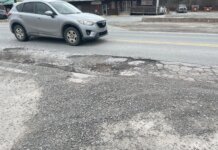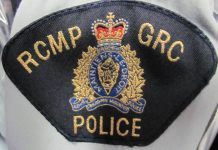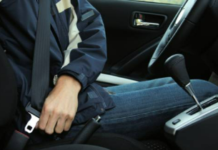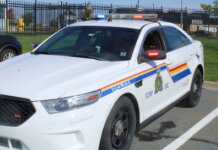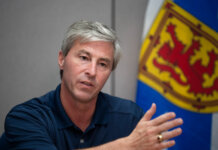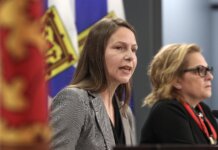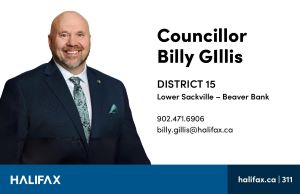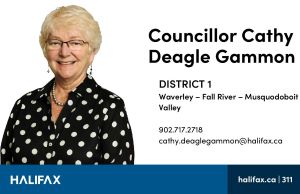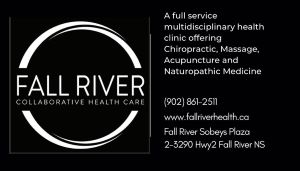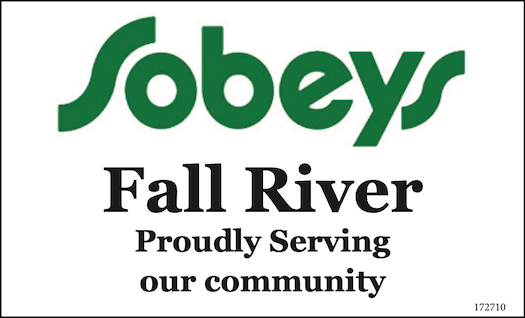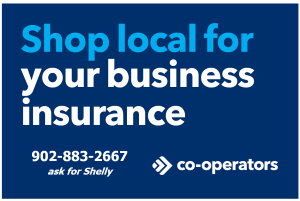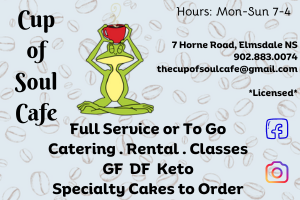
HRM: The province has announced the easing of some restrictions related to the health orders around COVID19.
At their COVID19 briefing on May 1, Premier Stephen McNeil and Dr. Robert Strang, chief medical officer of health, announced the easing of some public health restrictions around COVID-19.
“We know that getting outdoors for recreation is important for people’s physical and mental health,” said Premier McNeil.” That’s why we are easing some restrictions, while still keeping the majority of our public health directives in place to continue fighting the virus.
“But I need to be clear: if we see an increase in positive cases or people not continuing to adhere to all the public health measures, the restrictions will return.”
Existing public health directives around social distancing and social gatherings remain in place. People must keep two metres apart and not gather in groups of more than five.
The initial steps are:
— provincial and municipal parks can reopen, but playground equipment will continue to be off limits
— trails are allowed to open
— people are allowed to use and visit community gardens
— garden centres, nurseries and similar businesses can open
— sportfishing is permitted from shore or boat, but fishing derbies are not allowed
— people can attend boating, yacht or sailing clubs for the purpose of preparing boats for use
— golf driving ranges can open, including those at golf clubs, but the course must remain closed; golf clubs can perform necessary maintenance and preparations for opening
— people can use their cottages. Use is restricted to one household unit at a time, travel must be directly to the cottage and back, and travelling back and forth frequently from cottage and primary residence is discouraged
— provincial and private campgrounds remain closed, but they can perform necessary maintenance and preparations for opening. An exception is recreational vehicles parked year-round at private campgrounds, which can be used but must follow the same rules as cottages
— drive-in religious services will be allowed, as long as people stay in their cars, they are parked two metres apart and there are no interactions between people in cars or between people in cars and others
These measures take effect immediately.
Details on these adjustments can be found at, https://novascotia.ca/coronavirus/
“Our ability to open things up further – for example, beaches, golf courses and campgrounds — depends on how each of us does with these adjustments, how well Nova Scotians comply and how the pandemic continues to impact people’s health,” Dr. Strang said. “We can’t let our guards down. We need to continue to flatten the curve.”
A phased plan to further lift public health restrictions is under development. It is based on science and the timing of each phase will be determined by the result to the easing of restrictions.
To date, Nova Scotia has 28,883 negative test results, 959 positive COVID-19 test results and 29 deaths. Confirmed cases range in age from under 10 to over 90. Ten individuals are currently in hospital, three of those in ICU. Five-hundred and ninety-two individuals have now recovered and their cases of COVID-19 are considered resolved. Cases have been identified in all parts of the province. A map and graphic presentation of the case data is available at https://novascotia.ca/coronavirus/data .
If you have two or more of the following symptoms, visit https://811.novascotia.ca to determine if you should call 811 for further assessment:
— fever
— new or worsening cough
— sore throat
— runny nose
— headache
Nova Scotians can find accurate, up-to-date information, handwashing posters and fact sheets at https://novascotia.ca/coronavirus .
Quick Facts:
— testing numbers are updated daily at https://novascotia.ca/coronavirus
— a state of emergency was declared under the Emergency Management Act on March 22 and extended to May 17, 2020
Additional Resources:
Government of Canada: https://canada.ca/coronavirus
Government of Canada toll-free information line 1-833-784-4397
The Mental Health Provincial Crisis Line is available 24/7 to anyone experiencing a mental health or addictions crisis, or someone concerned about them, by calling 1-888-429-8167 (toll free)
Kids Help Phone is available 24/7, by calling 1-800-668-6868 (toll-free)
For help or information about domestic violence 24/7, call 1-855-225-0220 (toll-free).


